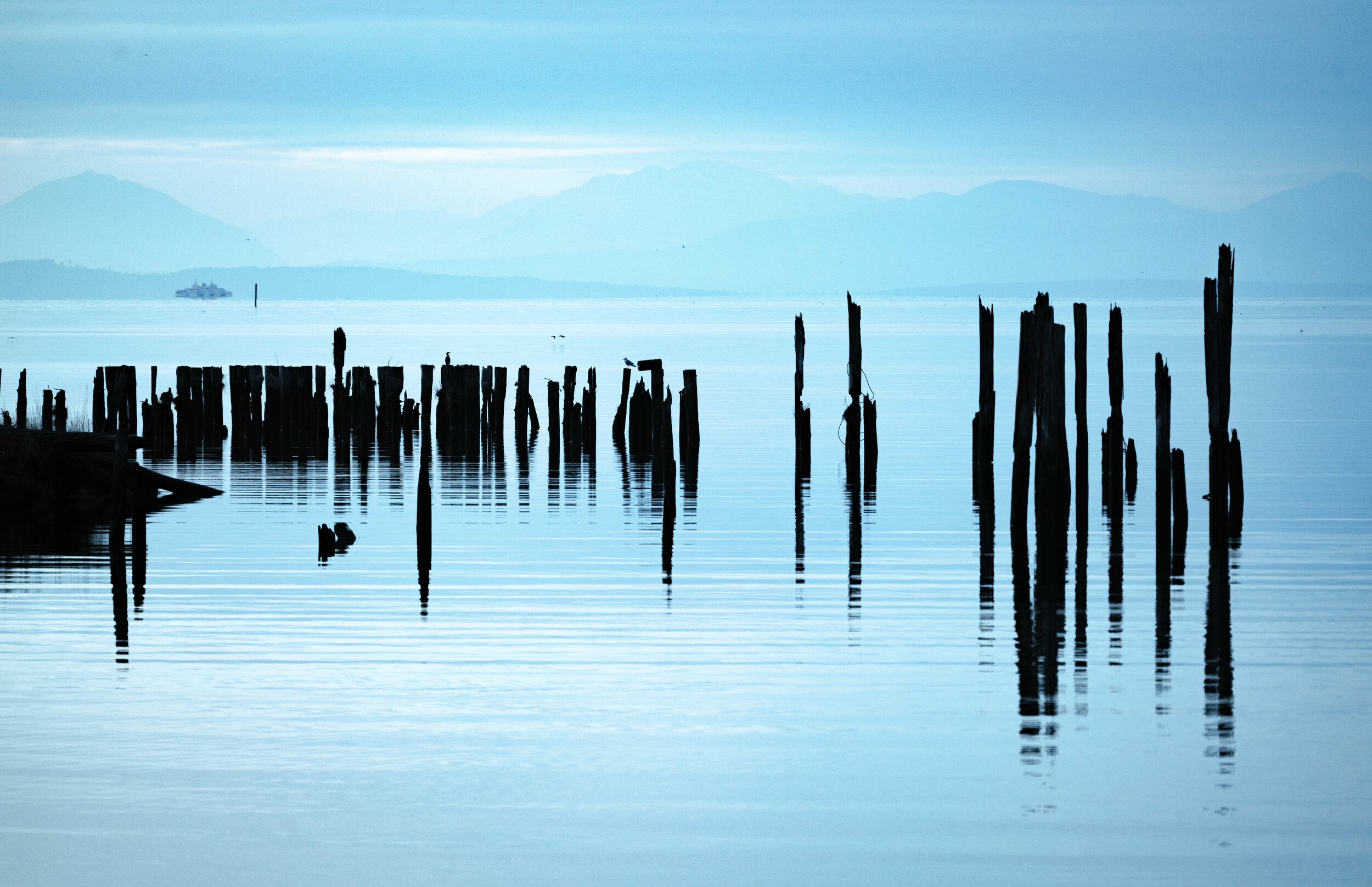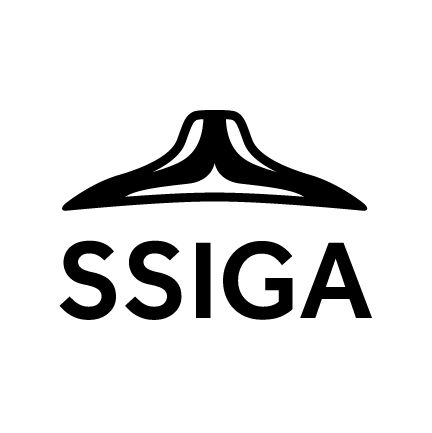
OUR PROGRAMS
Holistic, community driven cultural and stewardship initiatives
La kw’e híkw íyáqt - “Big Changes”
La kw’e híkw íyáqt is hən̓q̓əmin̓əm̓ for “Big Changes”, and is the name of our program focused on capturing the Indigenous Knowledge and perspectives of cumulative effects to be incorporated into program design, the data atlas (regional database), reporting and cumulative effects research initiatives.
Indigenous Knowledge represents a key component and perspective that is not captured through current environmental impact assessments, cumulative effects assessments and in both federal and provincial regulatory processes. The inclusions of Indigenous Knowledge (including Traditional Ecological Knowledge) into regulatory processes is of paramount importance to Indigenous communities as a means to facilitate meaningful participation and informed decision-making related to the Salish Sea.
data atlas
Our data atlas is the database where we collate existing Indigenous Knowledge data, monitoring and stewardship data and the holistic perspectives into a centralized outlet to be used and referenced by communities as they assess development-related impacts on their traditional territories. The data atlas will house our efforts to re-define cumulative effects where holistic, Indigenous perspectives are integrated with western scientific data.
The majority of the data atlas will be publicly accessible, though SSIGA member Nations will have their own individual portals to store any additional confidential or sensitive information that can be overlaid with the regional data. It is at the discretion of member Nations if and how they share this data.
Monitoring programs
Our monitoring programs focus on developing condition indicators for salmon, crab and bivalves, by expanding upon community guardian initiatives to regional monitoring and collaborative efforts. The long-term goal is to extent local guardians’ programs beyond the limits of government funded programs that expire, so that guardians can support stewardship programs, build continuous cumulative data for the Salish Sea and increase the number of sites for monitoring.
Monitoring will include population, sediment and tissue sampling and is a coordinated effort with our partners at A Rocha/Shared Waters.
Bio filtration & Restoration
The intent of this guardians’-based program is to expand upon the work that existing communities have been working on with the Rivershed Society on riparian restoration. The aim is to expand the restoration to more regional sites. We would use the existing natural filtration of riparian restorative plans and integrate additional bio-filtration research to test and monitor water quality - especially stormwater and its impact on traditional food sources.
Indigenous Knowledge (including Traditional Ecological Knowledge) would be integrated into programs and a regional survey would be included in ongoing efforts.
Sustainability and cumulative effects Workshop & conferences
SSIGA works with and shares data with various communities, governments, agencies, organizations, firms, academic institutions, NGOs and subject matter experts. With sustainable partners and associate members as sponsors, we would like to host workshops/conferences that bring everyone together to:
Provide updates on SSIGA’s work
Look at comparative international approaches to cumulative effects, regional assessments and Indigenous Knowledge and innovation
Discuss what sustainable planning can look like
Highlight research and innovation on green infrastructure and biofiltration
The health of the Salish Sea

